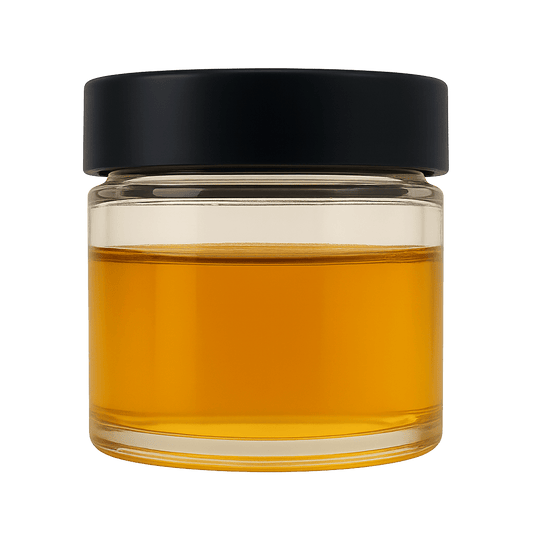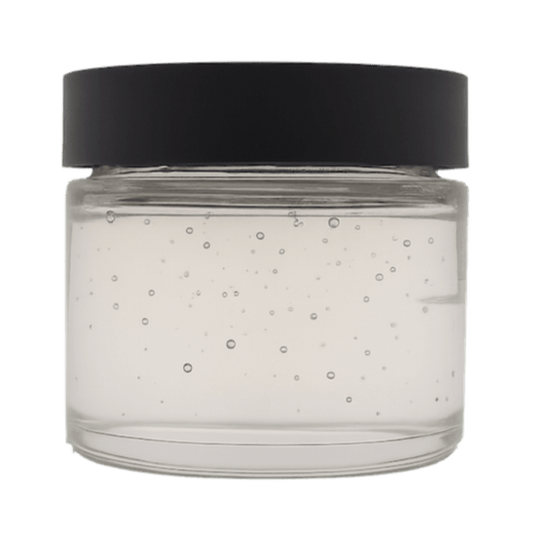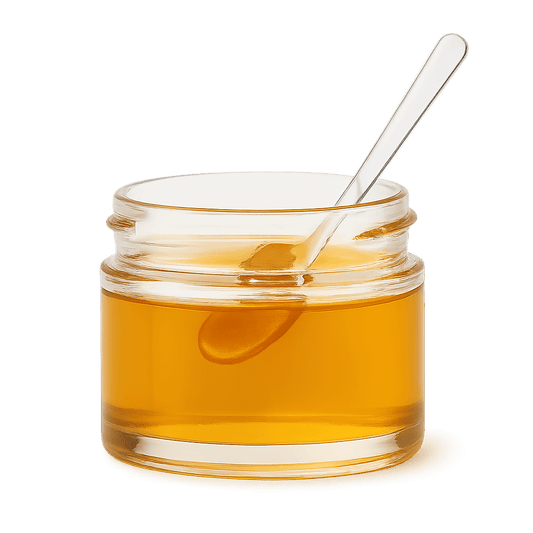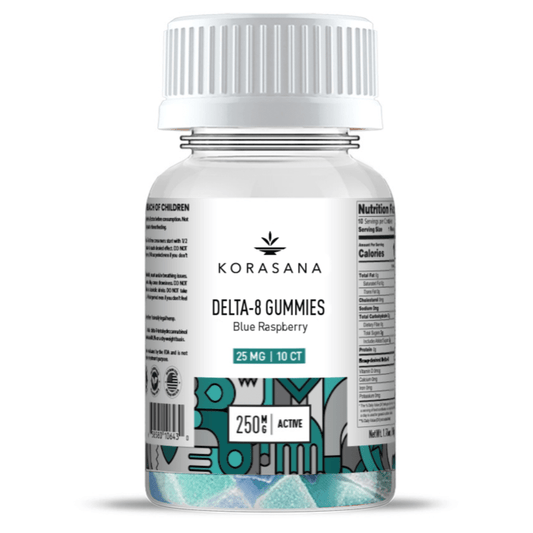Is Delta 8 THC Legal in Minnesota?
YES - Delta 8 THC is Legal in Minnesota
Delta 8 THC is currently legal in Minnesota. The state has specific regulations regarding hemp-derived products, including Delta 8. According to Minnesota law, hemp-derived products must contain no more than 0.3% THC by weight. Moreover, Minnesota also imposes restrictions on the amount of THC per serving and per package for THC products, including Delta 8 and Delta 9 THC. There's a cap of 5 mg of any THC per serving or 50 mg of any THC per package.
It's important to note that the legality of Delta 8 THC, like other cannabis-related products, can be subject to change due to evolving state and federal laws. Therefore, it's advisable to stay updated on the latest regulations to ensure compliance.
Legal Status of Delta 8 in Minnesota
To provide a more detailed explanation of the legal status of Delta 8 in Minnesota, let's explore the specific sources and laws that define its legality:
-
Minnesota Statutes and Regulations: The legal status of Delta 8 THC in Minnesota is primarily governed by state laws concerning hemp and hemp-derived products. Minnesota aligns with federal guidelines established by the 2018 Farm Bill, which differentiates hemp from marijuana based on the THC content. Under this federal law, hemp is defined as the Cannabis sativa L. plant and any part of the plant, including the seeds and all derivatives, extracts, cannabinoids, isomers, acids, salts, and salts of isomers, with a delta-9 THC concentration of not more than 0.3 percent on a dry weight basis.
-
Hemp Product Regulations: In Minnesota, products derived from hemp, including Delta 8 THC, are legal as long as they adhere to the state's THC content regulations. These regulations specify that hemp-derived products must not exceed 0.3% delta-9 THC by weight. This criterion is consistent with the federal definition of hemp.
-
THC Limits per Serving and Package: Recent updates to Minnesota's cannabis laws have introduced specific limits on the amount of THC that can be present in products, including those containing Delta 8. As per the new rules, there is a limitation of 5 mg of any form of THC per serving and a maximum of 50 mg of THC per package. These regulations aim to standardize the dosing and ensure consumer safety.
-
Legislation Reference: The specific laws and bills regulating the use of Delta 8 and other hemp-derived products are found in the Minnesota Statutes, particularly sections related to agriculture and public health. For instance, the Minnesota Board of Pharmacy may have additional guidelines or interpretations regarding the sale and distribution of Delta-8 THC products within the state.
INDUSTRIAL HEMP DEVELOPMENT ACT.
18K.02 DEFINITIONS.
Subd. 3.Industrial hemp. “Industrial hemp” means the plant Cannabis sativa L. and any part of the plant, whether growing or not, including the plant’s seeds, and all the plant’s derivatives, extracts, cannabinoids, isomers, acids, salts, and salts of isomers, whether growing or not, with a delta-9 tetrahydrocannabinol concentration of not more than 0.3 percent on a dry weight basis. Industrial hemp is not marijuana as defined in section 152.01, subdivision 9.
MINNESOTA STATUTES 2019. CHAPTER 152. DRUGS; CONTROLLED SUBSTANCES
152.01 DEFINITIONS.
Subd. 9. Marijuana. “Marijuana” means all parts of the plant of any species of the genus Cannabis, including all agronomical varieties, whether growing or not; the seeds thereof; the resin extracted from any part of such plant; and every compound, manufacture, salt, derivative, mixture, or preparation of such plant, its seeds or resin, but shall not include the mature stalks of such plant, fiber from such stalks, oil or cake made from the seeds of such plant, any other compound, manufacture, salt, derivative, mixture, or preparation of such mature stalks, except the resin extracted therefrom, fiber, oil, or cake, or the sterilized seed of such plant which is incapable of germination. Marijuana does not include hemp as defined in section 152.22, subdivision 5a.
152.02 Subd. 2. Schedule I.
(h) Marijuana, tetrahydrocannabinols, and synthetic cannabinoids. Unless specifically excepted or unless listed in another schedule, any natural or synthetic material, compound, mixture, or preparation that contains any quantity of the following substances, their analogs, isomers, esters, ethers, salts, and salts of isomers, esters, and ethers, whenever the existence of the isomers, esters, ethers, or salts is possible:
(1) marijuana;
(2) tetrahydrocannabinols naturally contained in a plant of the genus Cannabis, synthetic equivalents of the substances contained in the cannabis plant or in the resinous extractives of the plant, or synthetic substances with similar chemical structure and pharmacological activity to those substances contained in the plant or resinous extract, including, but not limited to, 1 cis or trans tetrahydrocannabinol, 6 cis or trans tetrahydrocannabinol, and 3,4 cis or trans tetrahydrocannabinol;
152.22 DEFINITIONS.
Subd. 5a.Hemp. “Hemp” has the meaning given to industrial hemp in section 18K.02, subdivision 3.
It's crucial for manufacturers, retailers, and consumers of Delta 8 products in Minnesota to stay informed about the specific statutes and regulatory guidance from state agencies such as the Minnesota Department of Agriculture and the Minnesota Board of Pharmacy. Compliance with state laws ensures the legal sale and use of these products.
These laws and guidelines reflect Minnesota's approach to regulating cannabis and its derivatives, balancing the availability of hemp-derived products with consumer safety measures. As with any legal matter, especially those involving cannabis, regulations can evolve. Keeping abreast of legislative updates and regulatory changes is essential for anyone involved in the production, sale, or consumption of D8 THC products in Minnesota.
The information provided on this website does not, and is not intended to, constitute legal advice or any statements regarding the status of any laws. The information, content, and materials present on this site are for general informational purposes only and should not be relied upon for any specific purpose. Laws vary across different states and are subject to change. Therefore, information on this website might not reflect the most recent legal or other developments. Read our full legal disclaimer HERE.






